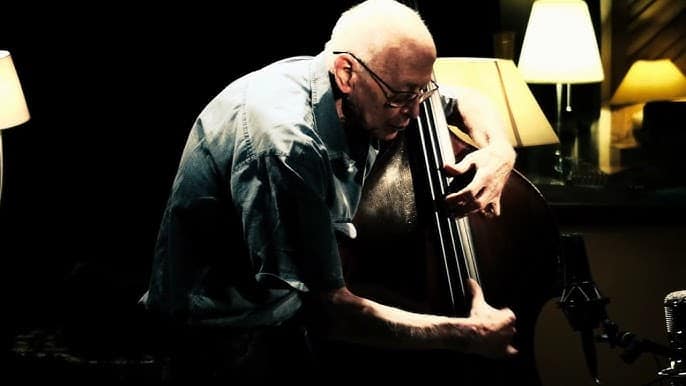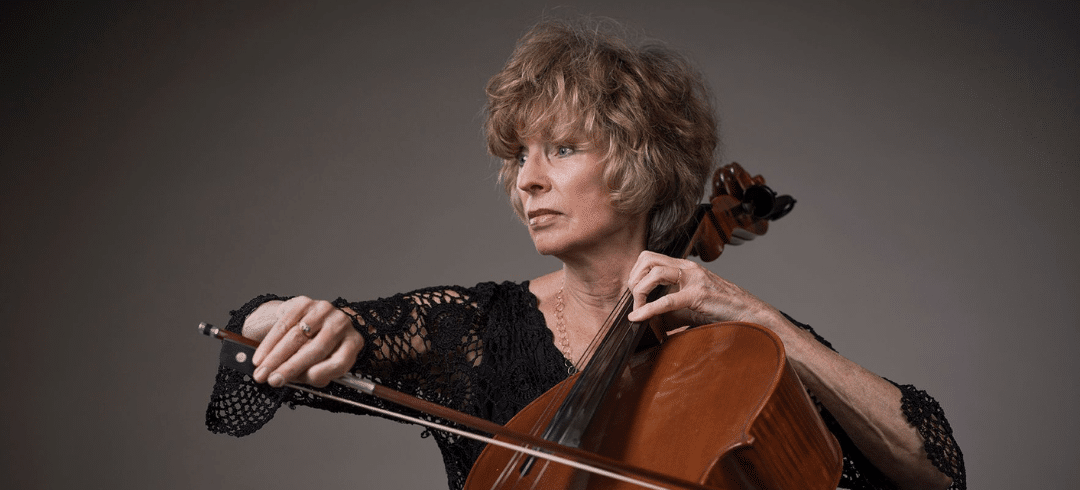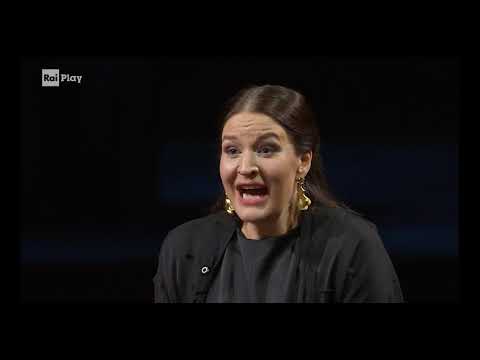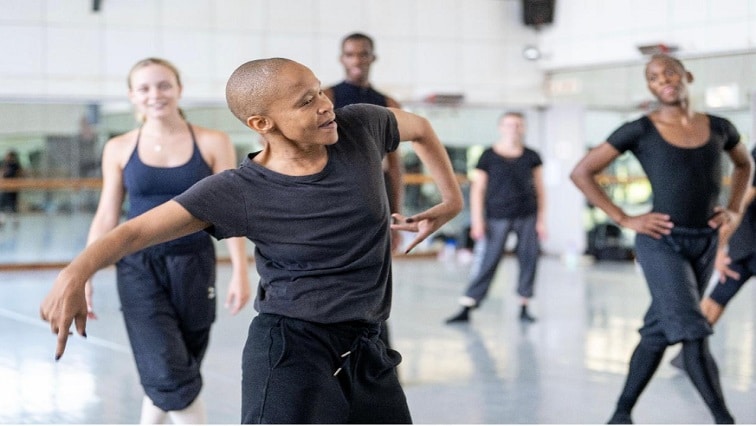Who cares less about classical music – the Arts Council or the BBC?
NewsBoth hired outside consultants to advise them which bits of classical music and opera could be thrown on the bonfire.
The ACE destroyed opera touring, the Britten Sinfonia, the London base of English National Opera and much else.
The BBC abolished the BBC Singers and one-fifth of the jobs in its English orchestras.
Both maintain a pretence that they care about music.
Neither has a single executive who admits, even privately, to a doubt about this peremptory change of policy.
Both have cast themselves as hostile to orchestras and opera in their present form.
both have declared war on music.
So what’s to be done?
Resist.
Encourage conductors to resign their BBC positions.
Stop being polite to Tim Davie and his team. Give them the cold shoulder.
Deny Darren Henley and Nicholas Serota their concert tickets. Make them unwelcome. Make them irrelevant.
Both organisations are weakened, undermined by global forces and demoralised from top to bottom. Both need the support of the creative communities for their survival.
There is much still to love and to fight for at the BBC, but the present top-floor management needs to be sacked before the organisation can return to its roots and its senses.






Too right. Webb, Davey, Henley, Serota and Mera-Nelson should all be chopped, and some safe pairs of hands hired for the short term to restore stability, wise leadership and trust. Given the state of emergency I’d vote for the industry’s most respected figures, the likes of Michael Eakin, Abigail Pogson, Kathryn McDowell, Mark Pemberton, Richard Mantle (when he leaves ON), Stephen Maddocks, being asked to take interim roles at either organisation for the benefit of the sector as a whole.
I think one Stephen Maddock is enough 😉
Seconded.
I think the other SM is a back-up in case the real one can’t manage to get to meetings.
No to Pemberton
How about Ed Vaizey? One of the few people who is respected in the culture sector AND the party of government.
I would recommend someone resembling Sir Lancelot Spratt, MD FRCS. He would certainly would know his Bach from his Buxtehude. No wonder he impressed Matron and her staff at St. Swithin’s!
The Arts Council and BBC have something in common. Neither are specifically focussed on classical music, they are really diversity generalists. This is their major weakness. In trying to please everyone, they end up pleasing no one.
You would need to set up a specific Classical Music Council – to inform, educate & entertain. Make it happen folks.
That’s Nick Serota chairman of the Arts Council and member of the BBC board this old boys and sometimes girls network of moving people around the Arts Community really is a joke. As was a statement from a London college chaired by a former Controller of R5 Live and later Director of Radio condemning the latest BBC cuts when she herself presided over many such cuts in her former roles.
Britten Sinfonia has definitely NOT been ‘destroyed’- they have a large number of projects going ahead in the coming months whilst launching a fundraising appeal video with the supportive participation of Steve Reich, Judith Weir, Sir James MacMillan, Thomas Adès and Nico Muhly, Dame Sarah Connolly and Roderick Williams, Alison Balsom, Mahan Esfahani and Benjamin Grosvenor.
https://brittensinfonia.com/2023/03/14/1-million-play-on-appeal-launched/
As we are nearing St. Patrick’s Day, here is the story behind Farewell to Music, by Turlough O’Carolan.
The last tune composed by blind harper Turlough O’Carolan (1670–1738). “It was in the spring of 1738 that Carolan felt a weakness coming over him and, foreknowing his death, he made a return to the home of his dearest friend and sponsor, Mrs. MacDermott Roe. It was by now an old, old lady who received him at (the ancestral seat of the MacDermott Roes,) Alderford. Carolan spoke lovingly to her, telling her he was come home to die. Then, calling for his harp, he played this farewell to music. At the close of the tune, he walked upstairs to the bed, where he died a few days later amid the tears and praises of friends and mourned the country round” (Williamson, 1976).
John McCutcheon in 1982 said that when he visited the site the present occupants told him stories of a two-week wake given in the harper’s honer “…with port barrels and ale as far as the eye could see! There was harp music around the clock for the entire wake!”
When Carolan died he left an only son and three daughters. There lived in some part of the County of Louth the celebrated Dean or Doctor Delany, who delighted in Carolan-so much so that he took young Carolan (in a manner) by the hand, with the intention of opening a subscription for the purpose of defraying every expense incident to revive and recover his father’s music.
Young Carolan was a tolerable performer on the harp, and totally destitute of any capability of composition. However, the Doctor never stopped until there was a subscription to the amount of £1,600 or thereabouts collected, on which young Carolan made some attempts to represent his father. But his productions were scandalous, which I often heard, and Master Carolan becoming tired of industry, after humbugging the good-natured Delany for some time, formed an acquaintance with another man’s wife in Ballymahon in the County of Longford [and] took her to London, where I am informed he died in obscurity when [the] residue of the £1,600 was spent or otherwise disposed of between him and his Dulcinea.
Derek Bell remarked that Carolan’s music is evocative of a school of harp playing so ancient that we cannot put a date on it.
Of the haunting Farewell to Music, he stated that it is unique amongst all tunes of any age or school, because of its structure and its freedom of melodic direction.
Ciara Taaffe plays, Farewell to Music by Turlough O’Carolan
https://www.youtube.com/watch?v=RNo-4k6knvo
Norman is trying to lead a doomed army here.
Government support for the arts means that the arts are redefined at the judgment of government. Private-donor support, as has long functioned so well in the US, means that the arts are redefined at the wish of the affluent (especially, the die-off of the classics-loving generation).
Classical music had best give up on trying to maintain “support” from unwilling supporters, and instead focus on two things that might give a better hope of future resurgence:
1) true quality, intensity, and inspiration at the performance level (that is what wins devotees, who can then later progress to considering other things alongside those)
2) education of the young. The youngster exposed, even briefly, to what it is like to *learn music* is the hope for the future. NB “Learn music” does not mean “learn about music.”
All do post to relevant people. Davie etc.